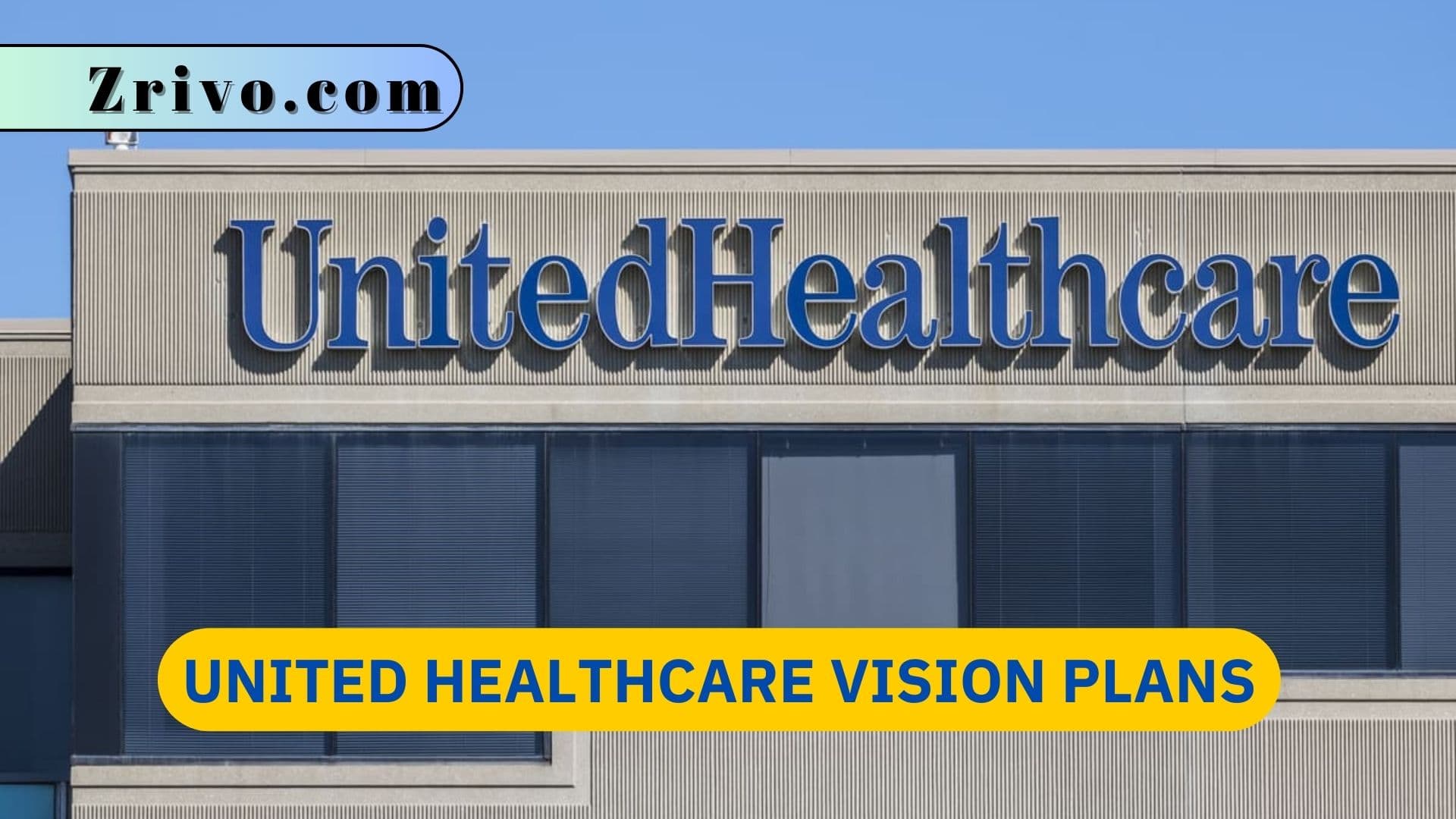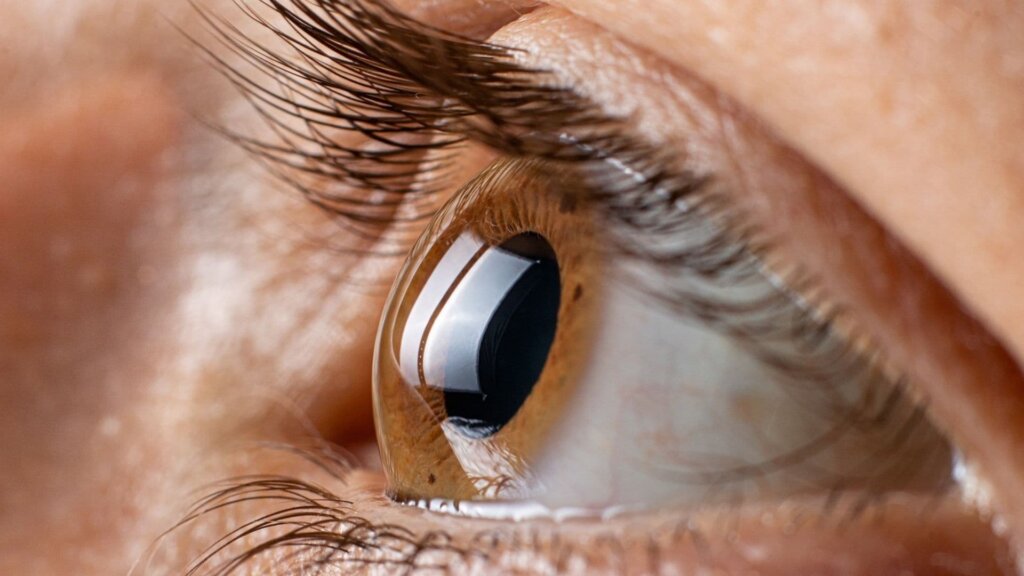
United Healthcare offers vision coverage as an add-on to their dental and health insurance plans. The company’s Medicare Advantage plans feature a large network of both private practice and retail chain eye care providers. They also offer discounts on extra pairs of frames, lenses, and digital hearing aids. UHC also provides discounted laser vision correction through the Laser Vision Network of America. United Healthcare offers two vision plans, Plan A and Plan B. Both plans include an annual exam with a $10 copay for in-network providers. They also provide a $150 allowance on frames and contacts. The company’s customer portal allows customers to check their coverage information and claims status online. However, they only have limited customer service telephone hours.
UnitedHealthcare (UHC) offers affordable vision plans for people of all ages, including seniors. Its plans are available as a standalone policy or as part of an employer-sponsored health insurance or Medicare plan. The company’s mission is to simplify the way people access healthcare and their benefits. The company focuses on providing clear descriptions of coverage, extensive provider choice, and exceptional customer service.

Does United Healthcare Cover Keratoconus?
United Healthcare offers a variety of vision insurance plans. These include VSP and EyeMed. These supplemental plans are available to people with Medicare, and they can save you money on frames, lenses, and contact lenses. They also cover medically necessary surgery for keratoconus, including corneal transplantation.
In addition, a UHC vision plan can help you save on eye exams and contact lenses, and some plans even offer discounts for LASIK surgery. However, you should note that in the UHC website documents regarding coverage for keratoconus, there are no mentions of LASIK as a covered procedure. Instead, the company refers to LASIK as a “discounted service.”
The National Keratoconus Foundation continues to educate medical insurance providers about keratoconus. However, most insurance companies still do not cover medically necessary contact lenses for this condition. This is because most medical insurance use their premiums’ financial realities to determine whether a benefit should be paid. This leaves many keratoconus patients with no affordable options for obtaining specialized contacts. This is why having medical and vision benefits in place is important.
Medical insurance is a valuable tool for people with keratoconus. It can defray the cost of major keratoconus surgeries and corneal cross-linking, which slow or halt the progression of the disease. In addition, Medicare may cover a corneal transplant if you have legal blindness due to the disease. However, these costs can still be significant and may require you to satisfy a deductible and coinsurance. Depending on the case, your hard/rigid contact lenses for the treatment of keratoconus can be covered.
Customer Service and Provider Network
UnitedHealthcare also provides a patient portal that allows patients to check on their claims and schedule appointments online. They also offer a customer service line that is available Monday through Friday. The company’s vision insurance plans can be purchased online, and the process is simple. The website has a quote calculator that can help patients determine the cost of their plan. It also provides a list of state variations that may affect the plan’s benefits and costs.
United Healthcare’s vision plans feature a vast network of providers, making it easy for patients to find an optometrist in their area. The company also offers flexible options and no waiting periods. Patients who choose to use a non-network provider will be responsible for any amount billed above the vision plan’s limit. For example, a UHC vision plan that covers an eye exam from an in-network doctor will cover up to $50, while out-of-network doctors only pay $10.